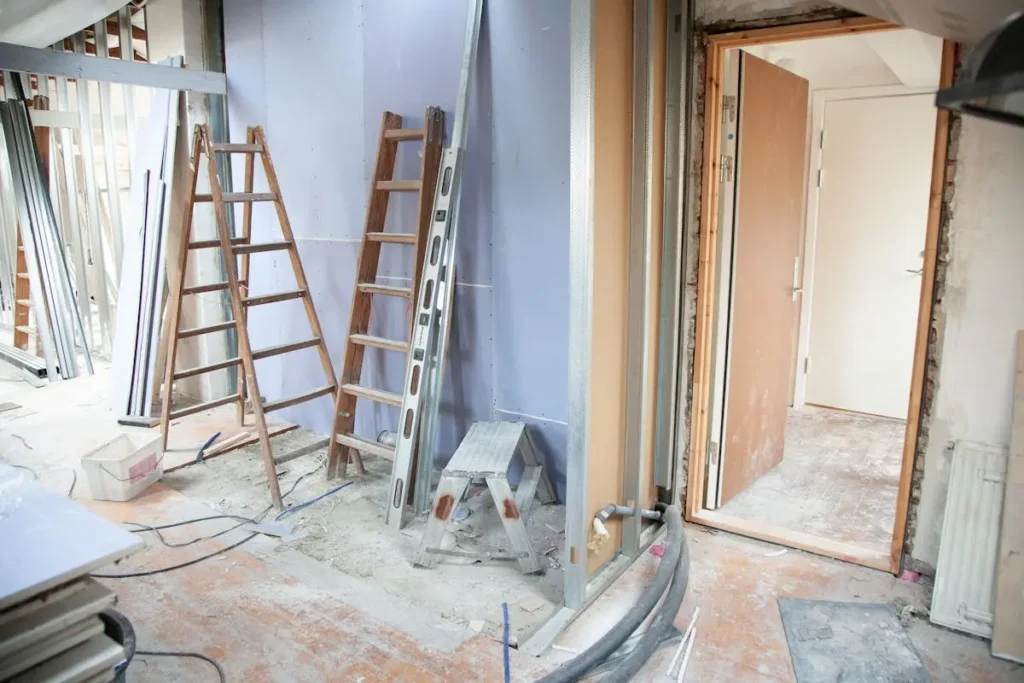Selling a house can be a journey filled with excitement, anticipation, and sometimes a bit of anxiety. In today’s ever-changing market, estimating the time it takes to sell a house can seem challenging. Let’s dive into various factors that influence this timeline and help you better understand the selling process.
Understanding Current Market Conditions
Market conditions play a significant role in how quickly a house sells. In a seller’s market, properties tend to sell faster due to higher demand and fewer listings. Conversely, in a buyer’s market, you might find homes lingering longer as buyers have more options to choose from.
When the market swings in favor of sellers, it often results in multiple offers, allowing sellers to choose the best deal. This dynamic can drastically cut down the time a property spends listed. However, fluctuating interest rates and economic stability can also affect buyer enthusiasm. Monitoring these indicators can give sellers an edge in timing their sales. For those looking to sell efficiently, understanding these nuances can be the difference between a quick sale and a prolonged listing.
Pricing Strategy: The Key to a Quick Sale
Setting the right price is crucial. Overpricing can deter potential buyers, while underpricing could undervalue your property. Consider working with a real estate agent to evaluate your property’s market value and set a competitive price that attracts buyers without compromising your return.
An effective pricing strategy is not only about hitting the sweet spot in terms of value. It’s also about understanding what buyers are willing to pay in current conditions. Analyzing comparable sales in your neighborhood can give you a realistic view of what similar properties are fetching. This strategy involves regular discussions with your agent, adjusting your price according to the feedback and market response. Remember, the initial price becomes your listing’s first impression, so it needs to resonate with what buyers expect to find.
The Role of Location and Property Type
Location and property types also affect selling times. Homes in sought-after areas or neighborhoods with good schools tend to sell faster. Similarly, certain types of property, like single-family homes, might be more in demand compared to condos or apartments, impacting the sale duration.
Location isn’t just about what city or neighborhood you’re in; it’s about the micro aspects of the location too. Is your house near local amenities, public transportation, and other conveniences? These factors greatly enhance the appeal of your property. Also, consider demographic trends. Areas with growing populations might see quicker sales due to high demand, while those in declining neighborhoods might struggle. This makes comprehensive research on your area’s outlook essential for timing your sale effectively.
How Seasonal Trends Influence Selling Time
Seasonal changes can impact real estate activities. Spring and summer are typically busier seasons when families prefer to move, potentially speeding up the sale. However, selling in winter might take longer due to reduced buyer activity.
Springtime sees an enthusiastic crowd of buyers eager to settle before the academic year starts, which can result in quicker sales and better deals for sellers. Conversely, listing a house in winter can pose challenges with the colder weather and holiday season limiting buyer engagement. However, those houses that do sell during slower months often have dedicated and serious buyers, which can be a plus. Understanding these cycles can help in planning the perfect time to list your property.
Staging and Repairs: Prepping Your Home for Sale
A well-maintained, aesthetically pleasing home can significantly cut down the time it spends on the market. Consider tackling necessary repairs and staging your home to enhance its appeal to prospective buyers.
Investing in minor upgrades can offer substantial returns by speeding up the selling process. Enhancing curb appeal is particularly important, as it’s the first thing a potential buyer will notice. Simple fixes like a fresh coat of paint, well-manicured lawns, and clean, uncluttered interiors can make a huge difference. The more a buyer can envision themselves living in your home, the quicker the sale will likely happen. Taking the time to present your home in its best light is an investment worth making.
Working with a Real Estate Agent
Real estate agents bring expertise, market knowledge, and negotiation skills. They can help streamline the selling process, ensuring your home is marketed effectively to attract the right buyers quickly.
Choosing the right real estate agent can dramatically impact how soon your house sells. Experienced agents have a deeper understanding of local market trends and can offer valuable insights into optimal pricing and staging strategies. They also come equipped with a network of potential buyers and industry contacts that can broaden the reach and visibility of your listing. For anyone unsure of how to tackle the complexities of selling a home, an agent’s guidance can be invaluable, turning what could be a stressful experience into a smooth and swift journey.
Navigating the House Selling Timeline
Selling a house is a multifaceted process influenced by numerous factors. By understanding the market trends, pricing strategies, and seasonal impacts, you can better navigate the real estate journey. Whether it’s making necessary repairs or staging your home, each step can help move your house faster on the market.
An Alternative
Whether you’re relocating for work, downsizing, or simply ready for a change, getting your house off the market swiftly as possible at a fair price is often the goal. In these situations cash buyers can be the best alternative.
Here’s a breakdown of why cash sales are quicker:
- No Mortgage Process: The most significant factor is the absence of a mortgage lender. This means there are no lengthy applications, loan approvals, underwriting, or appraisal processes that can take weeks to complete.
- Reduced Risk for the Seller: Sellers prefer cash offers because the deal is less likely to fall through. With no financing or appraisal contingencies, there’s less uncertainty, giving the seller more confidence in the transaction’s outcome.
- Streamlined Paperwork: Without the extensive documentation and requirements from a mortgage lender, the closing process is simpler and requires less paperwork from both the buyer and seller.
- Fewer Contingencies: Cash offers can waive financing and appraisal contingencies. Waivers reduce the number of “strings attached” to the offer, making it more appealing and faster to close because there are fewer conditions that need to be met.
- Certainty of Funds: A cash buyer provides proof of funds upfront, assuring the seller that the money is readily available. This eliminates the uncertainty associated with waiting for a lender to release funds.
- Quicker Closing Timeline: Because of the above factors, cash transactions can close much faster than financed ones, sometimes in as little as seven to fourteen days, or more, depending on what works for both parties.
Unlocking the Advantages of Fast Transactions
With MarketPro, the traditional hurdles of selling a house are transformed into a straightforward process. By offering transparency, speed, and ease, they have become a game-changer in the real estate market. If you’re looking to sell your house quickly and effectively, exploring MarketPro Homebuyers might be your next best step. Visit their homepage to take the first step toward a hassle-free home sale.




